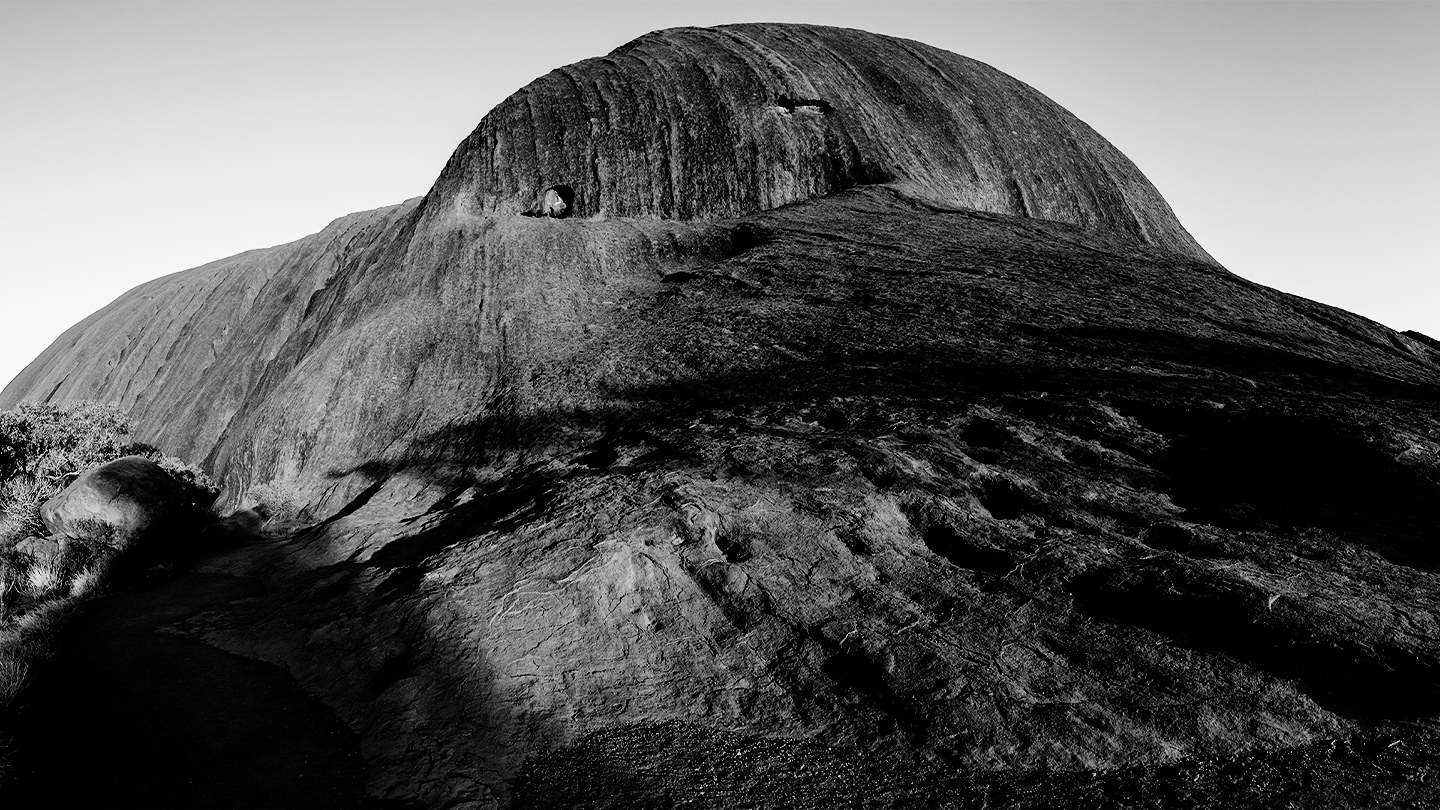Native title and water 1991-present
Before native title was recognised under Australian law, some government laws and actions, including those relating to water usage, limited or eliminated the native title rights of Aboriginal people. Since native title was recognised by common law, native title rights to take and use water have been acknowledged in parts of NSW and NSW water laws have considered the existence of native title.
In the 1992 Mabo decision, the High Court rejected that Australia was terra nullius (land belonging to no one) and recognised rights to lands and waters held by Aboriginal people in accordance with traditional laws and customs (). The rights and interests are referred to as native title.
In 1993, the Commonwealth Parliament passed the Native Title Act 1993 (Cth) () which (among other things) recognises and protects native title and outlines how future dealings affecting native title can happen (the future acts regime).
Before this time, governments did things that were inconsistent with the continued exercise of native title rights and interests, such as granting interests in land or making laws. These government actions had the effect of wholly or partially extinguishing those rights and interests. This includes NSW laws that regulate water use and access. See SUB0483 for documents about Water Governance. If the government act that extinguished native title was done after 1975, the native title holders may be entitled to compensation.
In NSW, there have been 17 determinations that native title exists in relation to water. These include recognition of rights such as to take and use water for domestic, social and cultural purposes. There have been no findings in NSW of native title rights to use water for commercial purposes.
Some water rights of native title holders have been extinguished by leases granted by the NSW Government since colonisation began, including leases to use waters (). The law has also confirmed the rights of the State of NSW to use, control and regulate the flow of water and the public’s rights to access and enjoy waterways and coastal waters where such access and enjoyment already existed ().
A native title determination does not create native title rights, it recognises rights and interests that have always existed under traditional laws and customs. Such rights cannot be curtailed or affected unless it is in accordance with the Native Title Act. Some NSW laws recognise the unique position of native title in the Australian legal system such as the Water Management Act 2000 (NSW) (WMA) which allows native title holders to take and use water without the need for a licence ().
Similarly, in 2004, the Intergovernmental Agreement on a National Water Initiative outlined that states agreed to ‘take account for the possible existence of native title rights’, recognising that water may be allocated to native title holders ().
See the Case Study and Discussion and Analysis documents for examples of native title determinations relating to water and some of the limitations of water rights recognition through native title determinations.
The law and policy in this subject is accurate as of 1 June 2023.
